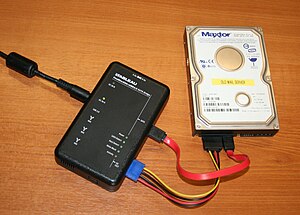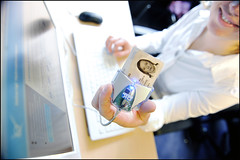Exploring trends in voting system technology
A two and a half days Symposium on the Future of Voting Systems is taking place in Maryland (USA). The event is webcast live and related conversation can be followed on twitter at #FOV13. The conference is organized by the Election Assistance Commission (EAC) and the National Institute of Standards and Technology (NIST) to explore emerging trends in voting system technology. The use of technology in elections is at the heart of discussions. Continue reading










